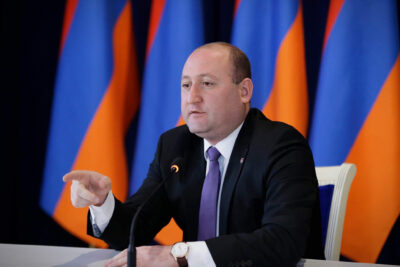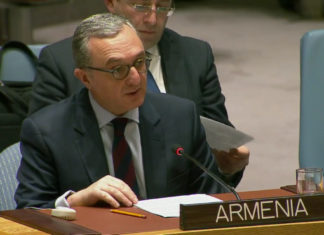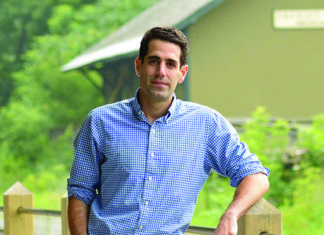ISTANBUL — Nedim Sener, an author and investigative reporter at the Turkish daily national newspaper Milliyet, came to prominence following the publication of his book on the murder of Dink, the Turkish-Armenian who was editor-in-chief of Agos. Sener’s book uncovered the involvement of Turkish security agencies in Dink’s killing outside of the Armenian weekly newspaper’s office in January 2007. His book led to the filing of charges by several senior police and security service officials.
“Sener’s determination to continue with his investigative reporting, particularly in relation to the Dink murder case, despite the threats he has faced, both inside and outside of the courtroom, is to be commended. We are proud to announce him as our 56th World Press Freedom Hero,” said Alison Bethel McKenzie, deputy director of the International Press Institute.
Following the publication of The Dink Murder and Intelligence Lies in February 2009, the then-chief of police in Trabzon, a police officer of the Intelligence Office Presidency, the Trabzon Police Intelligence branch manager and the deputy chief of the Istanbul Police, all filed criminal complaints against Sener.
Through his book and regular writings for Milliyet, Sener revealed the truth behind the preparation, implementation, investigation and prosecution of Dink’s murder, drawing attention to the roles played by official staff. Sener’s investigative reporting showed that the murder had been professionally planned well in advance, as well as blowing the cover of the officials at National Intelligence Organization who threatened Dink in 2004.
Furthermore he exposed the negligence and attempts to cover up the negligent police investigation of Dink’s murder as well as indicating that the head of General Directorate of Security Affairs deliberately attempted to conceal evidence.
His investigations and writings were praised by the IPI Turkish National Committee during the nominations process for World Press Freedom Hero. Commenting on Sener’s selection, the IPI Turkish National Committee said: “He really was a hero to carry out such an investigation and to very openly write about the Dink murder not only in book but also in his articles in his newspaper. He kept it on the agenda; that wasn’t an easy thing to do because of all the problems with all the officials who were involved. It was a very brave thing to do.”









